May 2019 local elections

England’s local elections 2019: Part 2 – Rainbow and other coalitions
In the second of two articles reporting the outcomes of May’s local elections, Chris Game looks in detail at how a high number of multi-party ‘Rainbow’ coalitions have been agreed, and highlights how, behind certain patterns of participation, there are numerous varieties of governing pacts – which, perhaps, Westminster politicians could learn from.
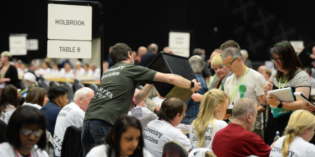
England’s local elections 2019: council outcomes from ‘no overall control’ results
With the two main parties losing hundreds of council seats, and the Lib Dems, Greens and Independents gaining across England in May’s local elections, the number of councils where no single party had a majority increased in 2019. In the first of two articles, Chris Game details how this has shaped governing outcomes for English councils – and demonstrates why reporting political coalitions in local government matters.
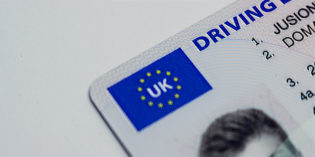
Five things we have learnt about England’s voter ID trials in May’s local elections
The Cabinet Office and Electoral Commission have published their evaluations of the voter ID trials that were held during this May’s local elections. Michela Palese assesses what we have learnt from them, and what concerns remain.

The North of Tyne mayoral election: can a ‘mini metro-mayor’ make a difference?
The new mayor for the North of Tyne Combined Authority, Jamie Driscoll, starts his mandate this week. Arianna Giovannini asks whether, with a limited budget, few powers and heading a combined authority with an unusual geography, Driscoll can deliver on his radical policy agenda.
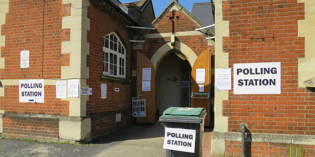
Local elections 2019: gone missing – 500 councillors
Local elections are taking place across much of England today, 2 May. However, as Chris Game, explains, the number of local councillors has been reduced in many places, in a reorganisation process that lacks democratic accountability.

Local elections 2019: the directly elected mayoral contests
On Thursday, 2 May, local government elections are being held across England. At the same time, many voters will also be able to vote for a directly elected mayor to lead their council or metropolitan area. Elections for these mayoralties use the supplementary vote electoral system. The Democratic Audit team explains how these elections work, what will be on your ballot paper, and what we know about candidates’ prospects in each area.
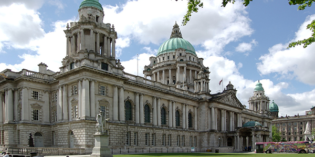
Three questions ahead of Northern Ireland’s local elections 2019
Northern Ireland votes in local council elections on Thursday, 2 May. These elections take place while the Northern Ireland Assembly remains dormant, the Brexit process raises seemingly unresolvable questions about the Irish border, and in the aftermath of the murder of journalist Lyra McKee. Jamie Pow previews the elections and outlines some key questions they highlight for Northern Irish politics.
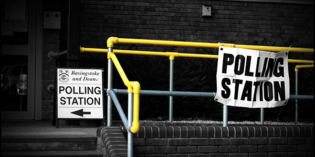
Local elections 2019: Uncontested seats mean thousands of voters will be denied their democratic rights
Uncontested and under-contested council seats in English local elections mean that in areas where one party dominates, many voters face little or no choice about who their councillors are. Ian Simpson from the Electoral Reform Society argues that the solution to this democratic deficit is to reform the electoral system.

Voters are crying out for better information about elections – here’s your opportunity to help
Voters in the UK need more information about elections and candidates, particularly for local elections. Joe Mitchell, a director at Democracy Club, invites you to come and help provide it for them.


 Democratic Audit's core funding is provided by the Joseph Rowntree Charitable Trust. Additional funding is provided by the London School of Economics.
Democratic Audit's core funding is provided by the Joseph Rowntree Charitable Trust. Additional funding is provided by the London School of Economics.